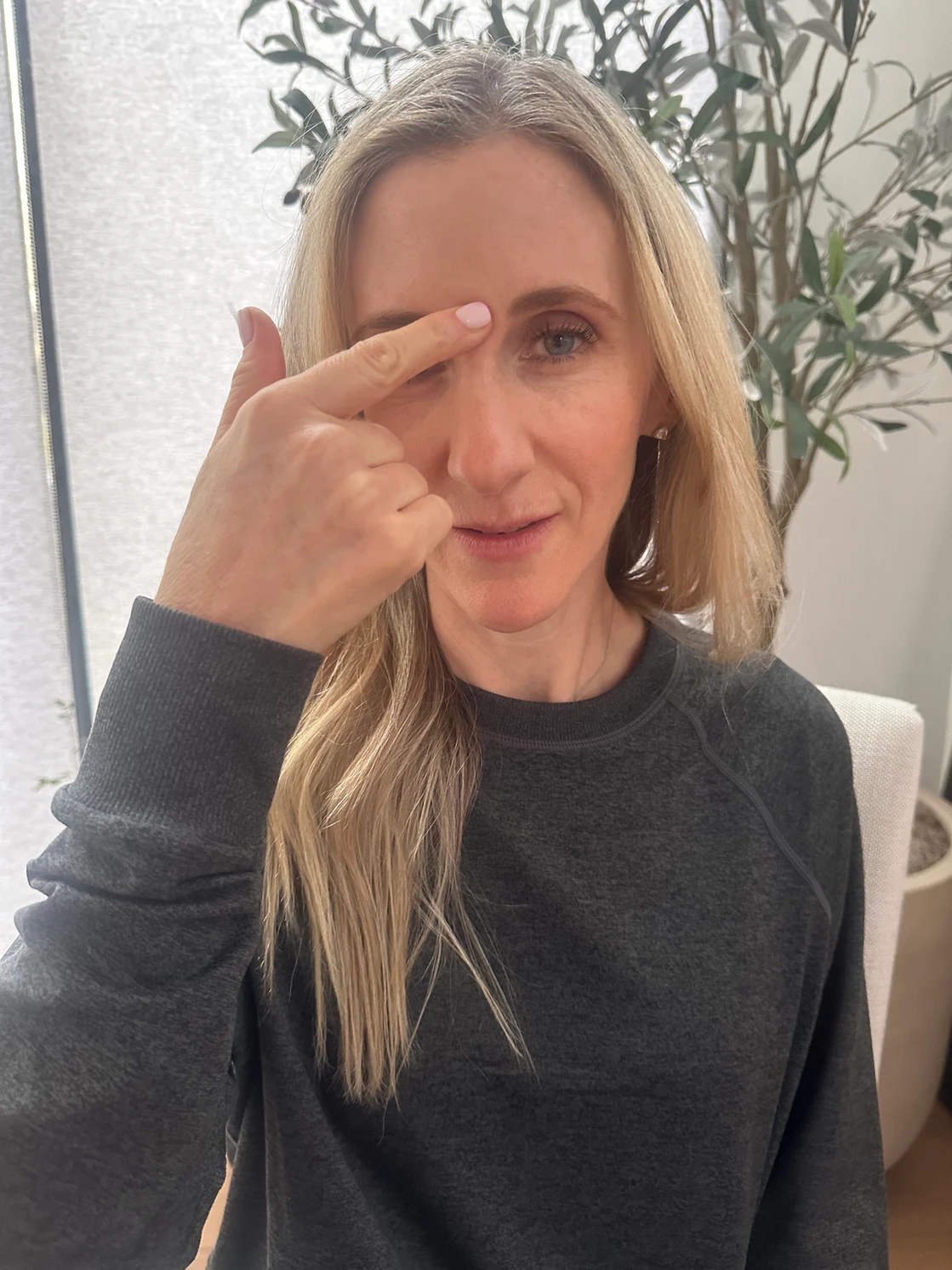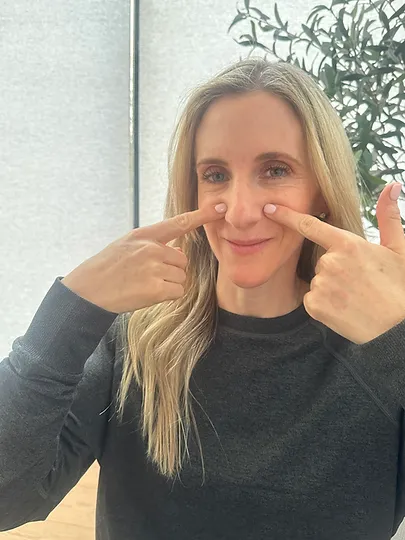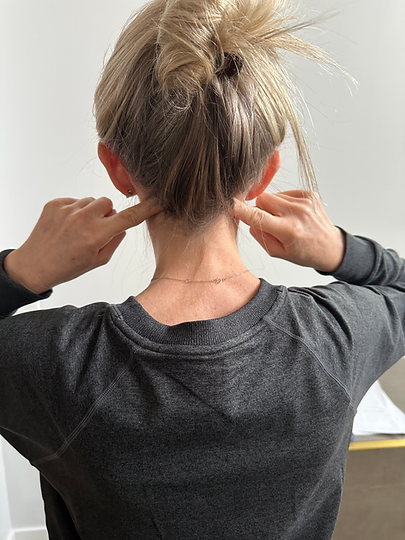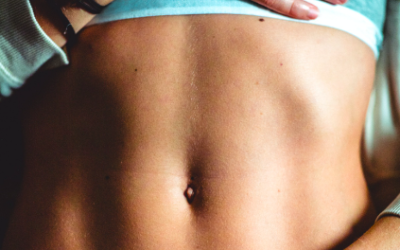If you are experiencing runny nose, postnasal drip, sneezing, itchy eyes, cough, or any other seasonal allergy or year-long allergy symptoms, acupressure can help.
Acupressure involves pressing or massaging acupuncture points in the body. Depending on the location, it can be done using the fingertips, thumbs, or the whole hand.
Applying pressure to an acupuncture point activates it and stimulates the channel or pathway where that acupuncture point is located. This stimulation promotes the flow of blood and energy, also known as qi, to the area. Besides improving or increasing the flow of qi, the nervous system is activated, circulation improves, and anti-inflammatory mediators are released.
How to do it?
After locating the acupuncture point, massage the most tender spot on that area, on both sides of the body, for a minute or two.
For allergies, I recommend doing it twice a day, morning and night, and don’t forget to do it before and after going out for a walk or hike or if you are going out in nature.
Here are five acupuncture points beneficial in treating seasonal allergies:
1. Yin tang
This point is located between the eyebrows.
It helps relieve stuffy or runny nose and sinus headache pain. Yin tang is also a calming point and helps alleviate anxiety, stress, and insomnia.

2. Li-20 (Large intestine-20)
Located on the face, on each side of the base of the nose.
Li-20 is used for loss of sense of smell, nasal congestion, and allergies.

3. GB-20 (Gallbladder-20)
Located on the back of the neck, at the base of the skull, lateral to the tendons of the trapezius muscle.
To find this point, slide your index and middle fingers up the neck in the centerline to where your skull meets the neck. Then, slide them laterally over the trapezius muscle; you will feel a depression at that location.
This point is helpful for headaches, neck pain, nasal obstruction, and red and sore eyes. It can be used for allergies, but also for the common cold.

4. Li-4 (Large intestine-4)
This point is located in the hand between the thumb and index finger, at the highest point of the muscle when you squeeze the thumb and index finger together.
LI-4 is well known for treating anything on the face and for headaches.
Do not use it during pregnancy.

5. Li-11 (Large intestine-11)
You can find this point by flexing the elbow slightly. Follow the elbow crease laterally; Li-11 is located at the end of the elbow crease (on the thumb side of the arm). Look for the more tender area.
Li-11 is a great fever reducer point and regulates immunity.

Acupressure is safe, has no side effects, can be self-administered, and is easy to do.
However, even though acupressure is effective, using needles in acupuncture triggers a more potent and permanent effect. If you want to know more about acupressure or acupuncture for seasonal allergies, don’t hesitate to contact me.
For other tips on seasonal allergies, read my blog, NATURAL REMEDIES FOR SEASONAL ALLERGIES.





0 Comments